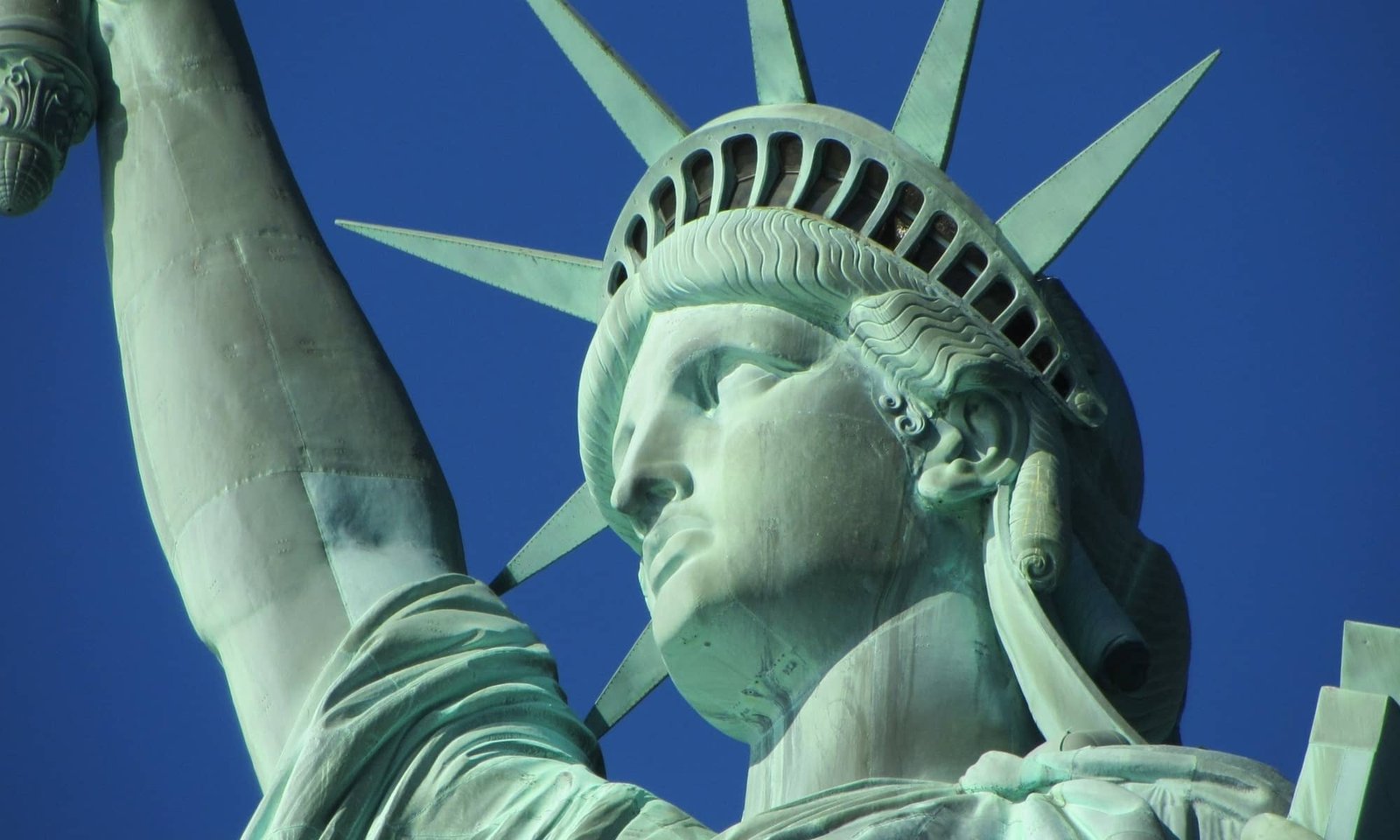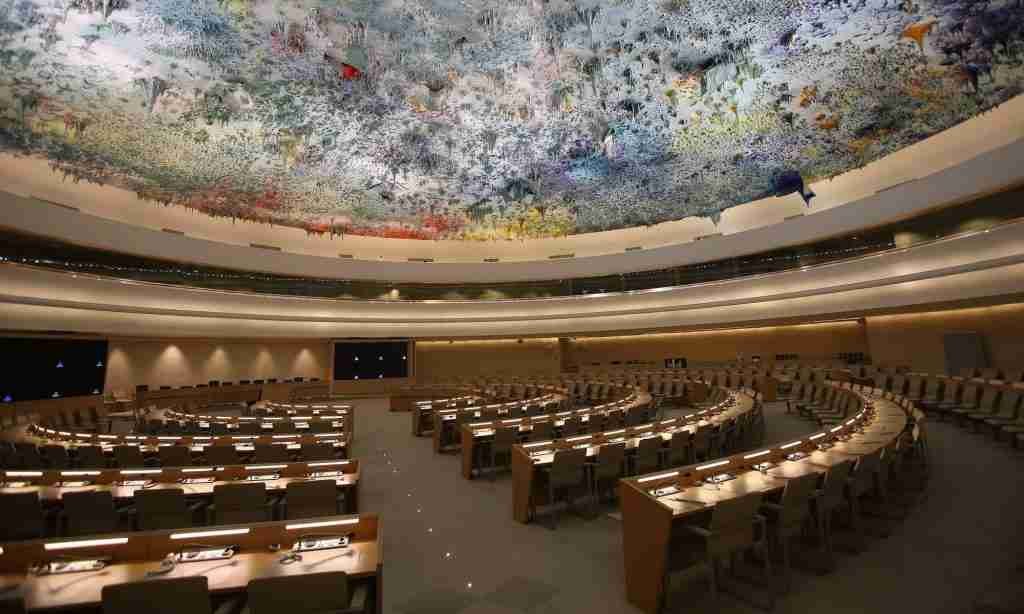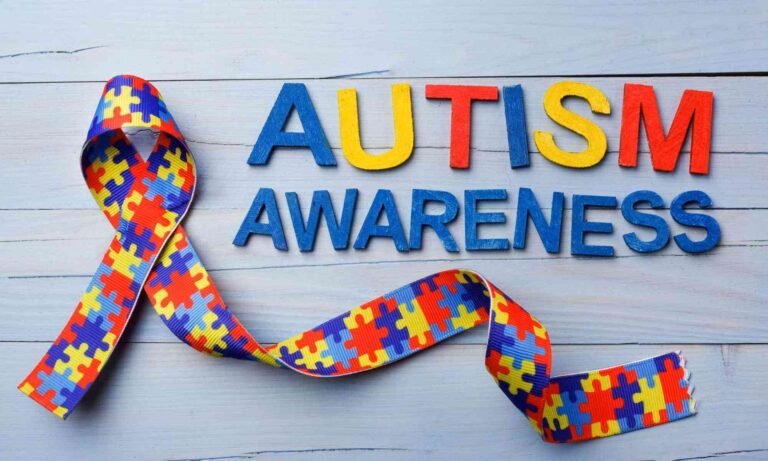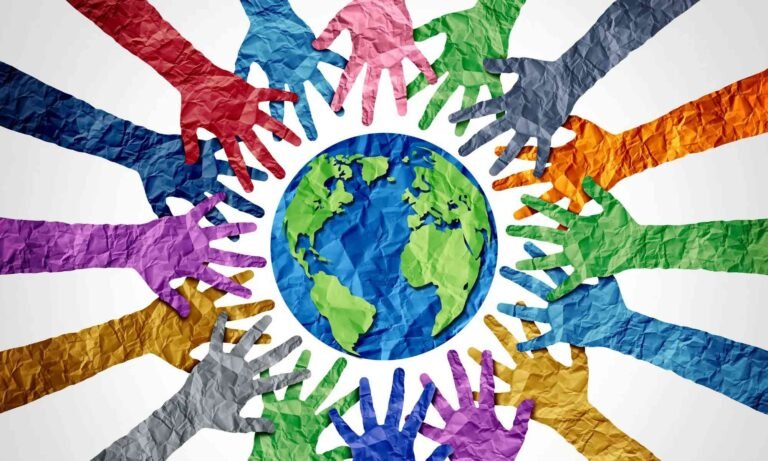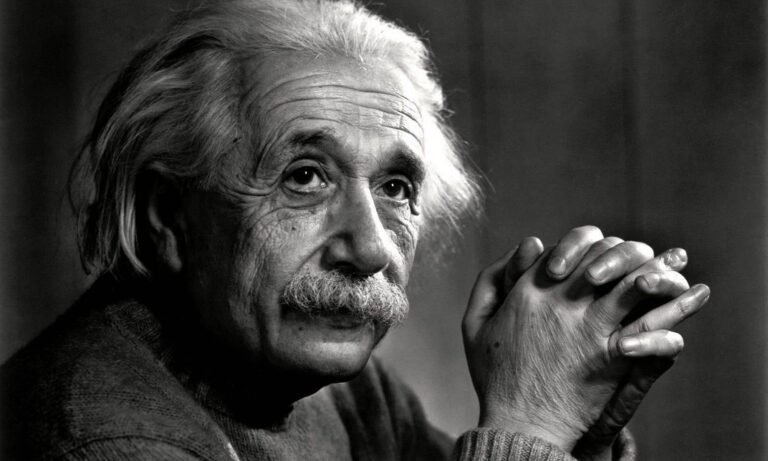Liberty and freedom are oftentimes used interchangeably, yet they possess distinct nuances that reveal deeper philosophical and cultural meanings. At its core, liberty refers to the condition of being free from oppressive restrictions imposed by authority on one’s way of life, behavior, or political views. It emphasizes autonomy and the ability to make choices without interference. In contrast, freedom embodies a broader spectrum, encompassing not only the absence of constraints but also the presence of opportunities that enable individuals to fulfill their potential. While liberty is primarily concerned with protection from external control, freedom encompasses a more holistic view of human capability and potential.
Philosophically, the interpretation of liberty and freedom has varied significantly across different cultures and historical contexts. For instance, in Western philosophical thought, John Stuart Mill’s utilitarianism emphasizes individual liberty as a means to promote overall happiness. Alternatively, thinkers like Jean-Paul Sartre advocate for the idea of existential freedom, where individuals create their essence through choices, thus underscoring personal responsibility. In Eastern perspectives, Confucianism places an emphasis on social harmony and collective responsibility, interpreting freedom through the lens of societal interconnections.
The themes of liberty and freedom have been pivotal throughout history, particularly during significant movements advocating for human rights. The Enlightenment period brought forth ideas that fueled revolutions and reforms, challenging autocratic rule and promoting individual rights. Events such as the American Revolution and the French Revolution exemplified the struggle for liberty against authoritarianism and the quest for a society rooted in freedom, influencing modern democratic ideals. Understanding these foundational concepts is crucial as they continue to shape contemporary discussions on human rights and social justice. The balance between individual pursuits and communal responsibilities remains a subject of much debate, highlighting the ongoing relevance of liberty and freedom in modern societies.
To reconcile the ideals of liberty with the harsh realities of inequities, it is crucial to foster inclusive policies and practices. Societal improvements often require a systemic approach that targets the root causes of disparity. By promoting equal access to education, healthcare, and economic opportunities, societies can work towards a more equitable distribution of freedom.
Ultimately, the discussion of liberty is incomplete without acknowledging the presence of inequities. For the true spirit of freedom to flourish, efforts must be made to ensure that all individuals can enjoy the same rights and opportunities, allowing society to move towards a more just and equitable future.
The Historical Evolution
The concepts of liberty and freedom have evolved significantly throughout history, starting from ancient civilizations like Mesopotamia and Egypt, where rulers claimed divine right, limiting individual freedoms. These early structures laid the groundwork for future calls for rights and liberties, indicating a persistent human desire for autonomy.
- A pivotal moment came in the 13th century with the Magna Carta in 1215, marking the first formal acknowledgment that even the king must adhere to the law. This shift towards accountability and individual rights among the aristocracy planted the seeds for constitutional law and future civil liberties movements.
- The Enlightenment era further emphasized reason and individualism, with thinkers like John Locke and Jean-Jacques Rousseau advocating liberty as a fundamental human right. Locke’s theories influenced the American Declaration of Independence in 1776, asserting individual freedom against tyranny.
- In the 20th century, global recognition of human rights evolved, culminating in the Universal Declaration of Human Rights in 1948, which established a framework for fundamental liberties worldwide.
The journey towards liberty has been marked by struggle and key figures championing freedom, contributing to our understanding of human rights and shaping modern societies. Each significant era has added layers to our understanding of human rights, creating a complex tapestry that continues to evolve. This historical overview illustrates that the quest for liberty and freedom is an ongoing journey that shapes modern societies today.
The Role in Modern Society
Liberty and freedom serve as cornerstones of modern society, influencing various aspects such as social justice, political movements, and individual human rights. The essence of these concepts extends beyond mere philosophical discussions; they have tangible implications for how societies operate and how individuals engage with one another. In contemporary discourse, liberty is often viewed as the right to act, believe, or express oneself freely, while freedom is perceived as the absence of constraints that inhibit such actions. Together, they foster an environment conducive to creativity, innovation, and personal growth.
In the context of social justice, liberty and freedom advance movements that seek to address systemic inequalities. Activists champion the idea that everyone should enjoy the same rights and opportunities, regardless of race, gender, or socioeconomic status. This ongoing struggle demonstrates the dynamic nature of liberty as it evolves to meet the needs of marginalized groups. Political movements also utilize these principles to galvanize support, advocating for reforms that protect individual rights while demanding accountability from those in power.
However, the interplay between freedom and societal norms presents challenges. Balancing individual liberties against the collective good raises questions about the extent to which society should regulate behavior to protect the wider community. This tension often manifests in debates over issues such as hate speech, privacy rights, and public health measures. Furthermore, the rise of technology introduces new complexities, as digital platforms both expand personal freedoms and pose threats to privacy and security.
Globally, freedom faces numerous challenges, particularly in regions where authoritarian regimes suppress dissent and violate human rights. As citizens increasingly connect through global networks, the implications of these violations resonate far beyond borders. This interconnectedness necessitates a critical examination of how we can protect liberty while addressing the needs of the community. The dialogue surrounding liberty and freedom continues to evolve, urging individuals and societies to reflect on the delicate balance between personal rights and collective responsibilities.
The Future
As we navigate the complexities of the modern world, envisioning the future of liberty and freedom necessitates a critical examination of potential threats and opportunities that may arise from emerging technologies, globalization, and evolving political landscapes. The confluence of these factors may significantly influence individual rights and freedoms, necessitating vigilant engagement from all sectors of society.
Emerging technologies, particularly in the fields of artificial intelligence and data analytics, present both challenges and opportunities for civil liberties. On one hand, these innovations promise increased efficiency, accessibility, and convenience in everyday life. However, they also pose potential risks, such as enhanced surveillance capabilities and the erosion of privacy. Societies must grapple with the implications of these advancements, ensuring that the safeguards for individual rights and freedoms evolve in tandem with technological progress.
Globalization has interwoven diverse cultures and economies, presenting a unique platform for the promotion of liberty and freedom across borders. This interconnectedness fosters collaboration among nations in addressing pressing issues such as human rights violations. However, it also raises concerns about diminished sovereignty and the potential imposition of foreign values that may conflict with local norms. As citizens engage with these global dynamics, they must critically assess the balance between international obligations and the preservation of their own community’s values.
The shifting political landscape underscores the importance of active citizenship. In an era where misinformation can spread rapidly, the role of informed citizens and governments in safeguarding liberty and freedom becomes paramount. Individuals are called to reflect on their responsibilities:
- Advocating for equitable policies, participating in democratic processes, and supporting initiatives that foster inclusive dialogues.
A conscious commitment to protecting and promoting freedom requires collective effort, as the future of these essential rights lies in the hands of each generation.
Ultimately, understanding how emerging technologies, globalization, and political changes affect liberty and freedom will shape our collective journey towards a more equitable society. Engaging with these transformations encourages critical reflection on one’s role in upholding these rights within the community, thereby ensuring that liberty and freedom remain foundational pillars in an increasingly complex world. This ongoing engagement fosters a deeper commitment to safeguarding these values, promoting active participation in democratic processes, and cultivating a society that prioritizes justice and equality.
What’s More
The posts in My Blog explore reflective and narrative-driven themes, often tied to personal experiences or societal observations, emphasizing storytelling and commentary.
Dependence (10) Fiction (10) Karma (10) Landmarks (10) Paramount (10) Spectrum (10) Spotlight (10) Take Off (10) Terra Shapes (10) Trepidation (10) Unique (10) Virtue (10)
Selecting an option will take you to that post.
(120)
The topics in My Interests examine broad, conceptual, and philosophical ideas, emphasizing exploration of abstract notions and their deeper cultural and societal implications.
Amazing Stuff (10) Beyond Known (10) Controversial (10) Digital World (10) Inequities (10) Innovative (10) Metaphysics (10) Orbiting Entities (10) Our Society (10) Outer Space (10) Value Creation (12) Yearnings (10)
Selecting an option will take you to that post.
(122)
Curious to dive deeper and ready to share your thoughts on all of this? Join the conversation and be part of the Site Forum. Your online discussion board providing space for engaging exchanges on specific topics and shared interests across this website.

